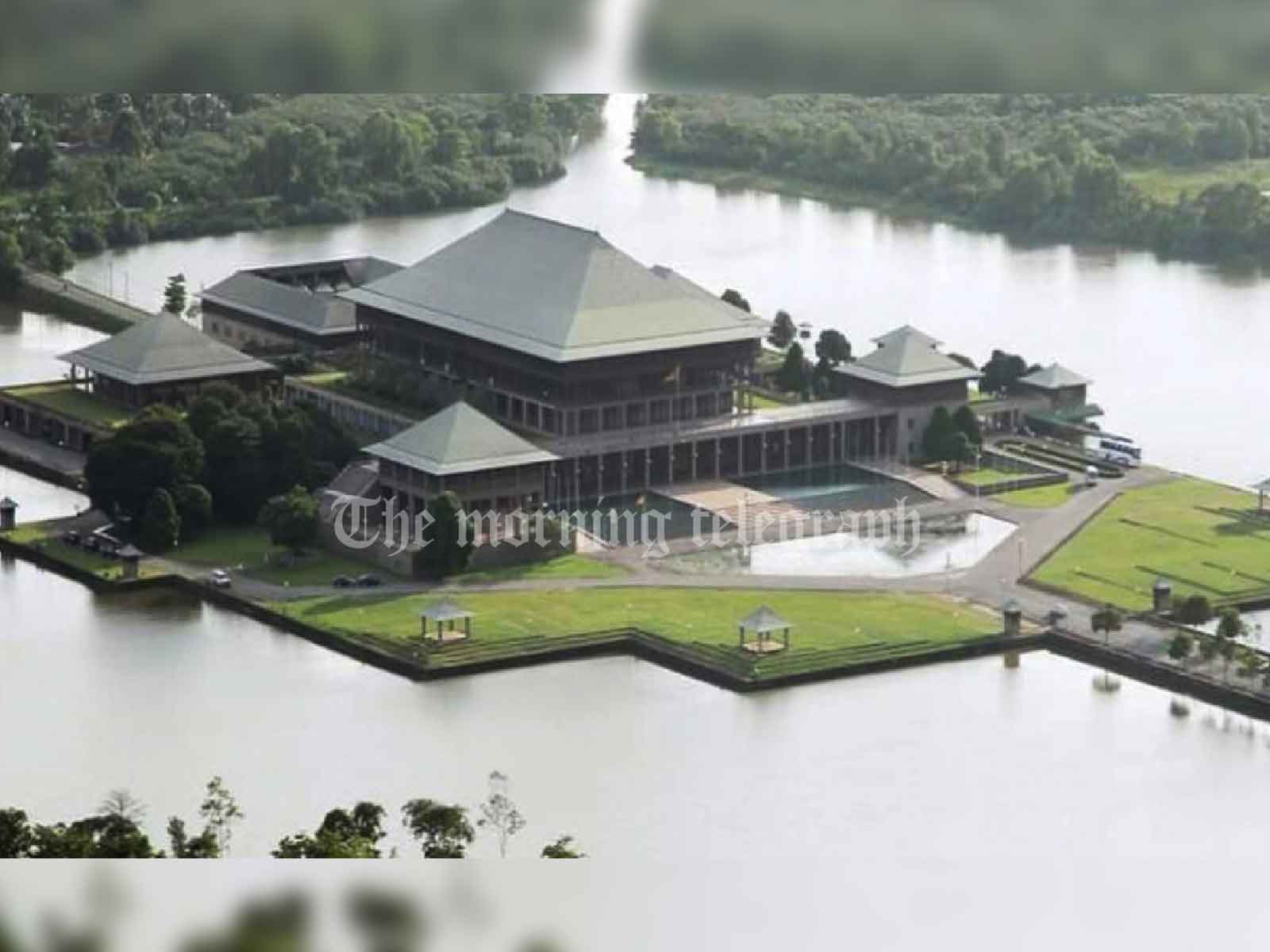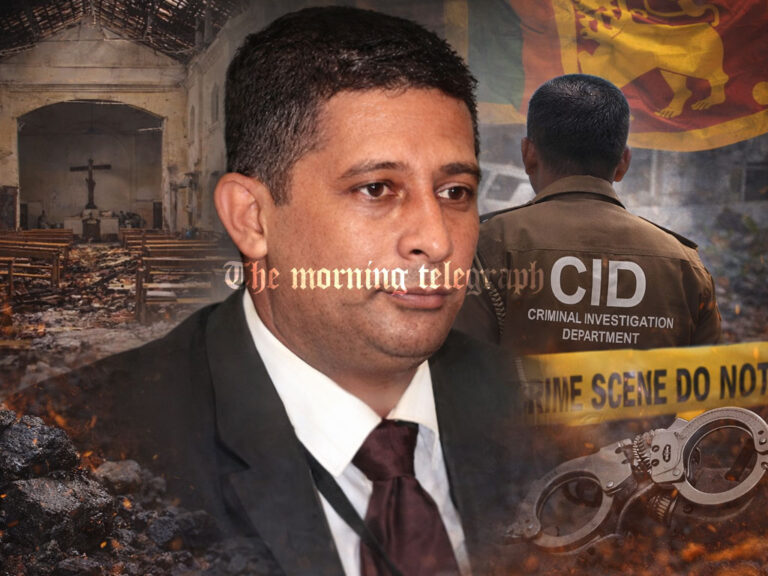
The inaugural session of the Tenth Parliament, consisting of 196 members elected by the public and 29 members entering through the national list, is set to begin on November 21. A total of 225 Members of Parliament will be elected in the upcoming general election on November 14.
The first day of the session will include a series of special procedures, including the election of the Speaker, as announced by the Parliament of Sri Lanka. On this day, MPs will not have designated seating arrangements and can sit wherever they choose. The Secretary-General of Parliament will oversee the proceedings, starting with the presentation of the Extraordinary Gazette Notification issued by the President, which details the date and time for Parliament’s convening.
Following this, the election of the Speaker will take place. According to the Constitution and parliamentary rules, any Member of Parliament can be nominated to be the Speaker, provided they agree to accept the role. If there are multiple candidates, the election will proceed by vote, and the first candidate to secure a majority will be appointed.
Once the Speaker is elected, the official oath of office will be administered. The newly appointed Speaker will then thank the House before Members of Parliament take their oaths. If no clear majority emerges in the first round, additional rounds of voting will be held to determine the Speaker.
After the Speaker’s election, Parliament will proceed to elect the Deputy Speaker and Deputy Chairperson of Committees. The Speaker will oversee the nomination and voting process for these positions.
At the end of these proceedings, Parliament will be adjourned unless the President addresses the House to deliver the government’s policy statement. If this occurs, Parliament will reconvene for the President’s address and will then be adjourned again until the next scheduled sitting.
This first day marks the official commencement of the Tenth Parliament’s work and sets the stage for the government’s agenda moving forward.




